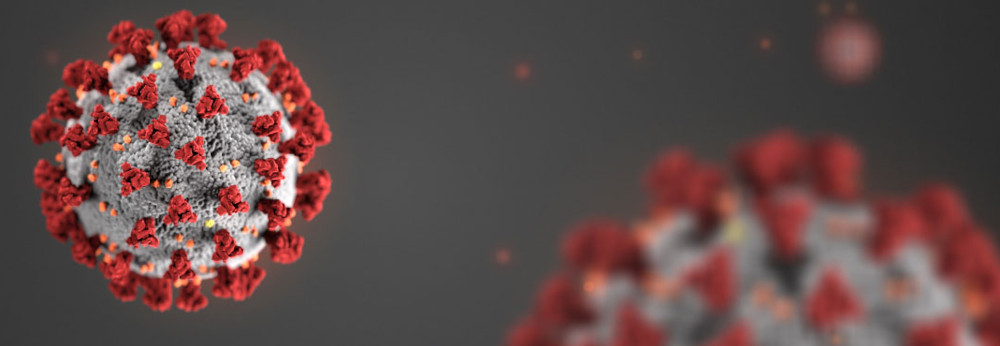
Yes, people can infect pets with the novel coronavirus that causes COVID-19 (SARS-CoV-2).
Infection of companion animals (pets) with SARS-CoV-2 from people has been suspected or documented in dogs, cats, ferrets, and hamsters [1]. Although many individual domestic animals have now been shown to have been infected with SARS-CoV-2 [1], it is unusual for infected animals to show signs of illness and when they have shown signs of illness, these have generally been mild. Crucially, there is no evidence that domestic animals are significantly involved in the spread of COVID-19 [1].
Since there is evidence of cats and dogs becoming infected with the SARS-CoV-2 virus from humans who have COVID-19 and some (albeit low) risk to some individual animals, it is important to take some precautionary steps to protect our companion animals:
- People without symptoms of COVID-19 should continue to practice good hygiene during interactions with animals. This includes washing hands before and after such interactions and when handling animal food, waste, or supplies.
- People who are infected with SARS-CoV-2 should eliminate or limit contact with animals as well as other people. Someone else should care for any animals, including companion animals.
- If a companion animal has been exposed to SARS-CoV-2, as a precaution they should be kept in the house and not allowed to interact with other people or animals.
- If a companion animal has been exposed to SARS-CoV-2 and is sick, their veterinarian should be contacted for advice; the animal should not be taken to the veterinary clinic unless the veterinarian has advised this and can take precautions.
It is advised by the Australian Animal Health Committee that commercial entities who develop tests for SARS-CoV-2 infection in animals should reference the WOAH Considerations on monitoring SARS-CoV-2 in animals, and carefully consider the circumstances when testing may support human and animal health and welfare outcomes [2].
The Australian Veterinary Association currently advises that COVID-19 vaccination of animals in Australia is not required [3]. The Australian government monitors this situation closely through monitoring emergence of new research and advice from global organisations, such as the OIE, and will modify its advice if required.
The human-animal bond people share with their companion animals is very important and can provide much needed support, comfort, and companionship to people in these difficult times; so, if possible, people and their companion animals should stay together for the benefit of both.
If you are facing challenges caring for your animals, please get in touch with your local RSPCA to discuss options; we are here to offer support and help if possible.
This information has been prepared with the best and most current information available at the time, but things continue to change as the situation evolves. Our information is updated as often as possible.
References
[1] World Organisation for Animal Health (OIE) (2022) COVID-19 – Events in Animals. Available online: https://www.oie.int/en/what-we-offer/emergency-and-resilience/covid-19/#ui-id-3. Accessed 2.3.2022.
[2] Animal Health Committee (AHC) of the National Biosecurity Committee (NBC) (2022) Policy statement on COVID-19 diagnostic testing and surveillance in animals. Available online: Our work – DAFF (agriculture.gov.au). Accessed 10.8.2023.
[3] Australian Veterinary Association (2022) COVID-19 in Companion Animals. Available online: COVID-19 in Companion Animals (ava.com.au). Accessed 10.8.2023.
